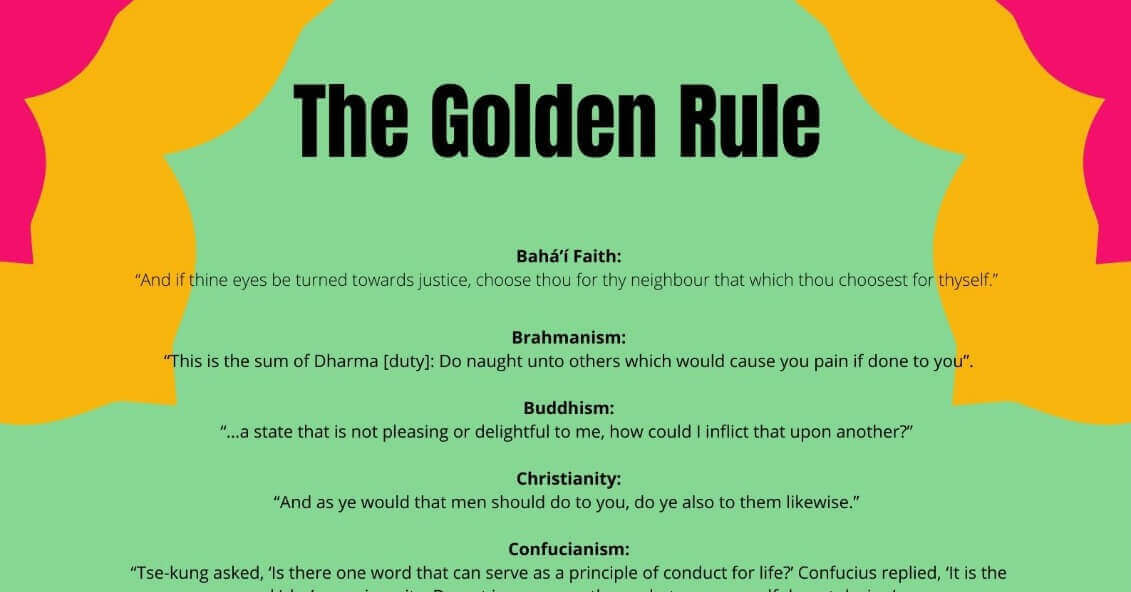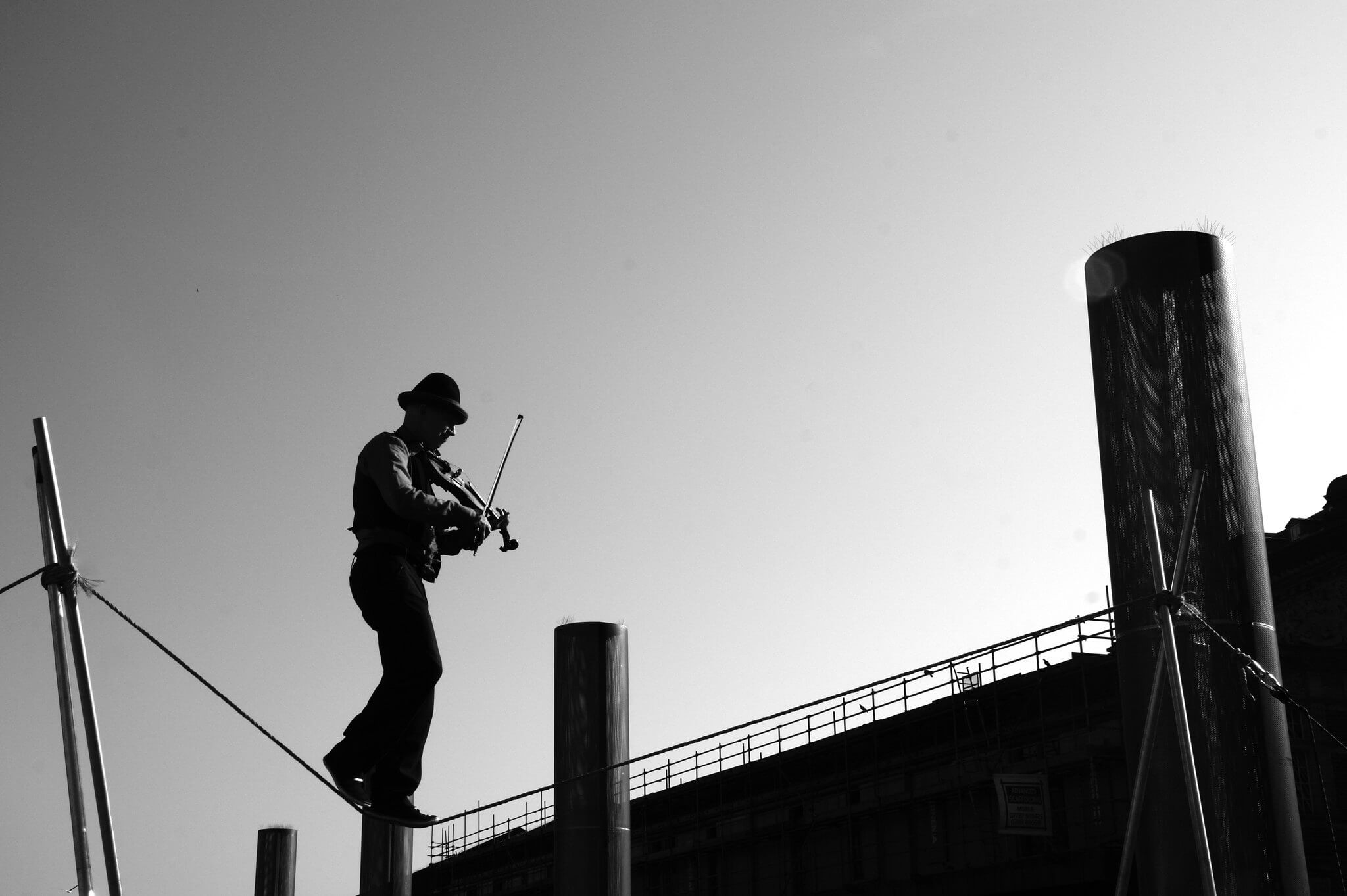Conversations
Equality and Cleopatra
Equality and Cleopatra
When you picture a feminist what do you see with your mind’s eye? A strident middle aged woman with no fashion sense wearing Birkenstock sandals?
When you picture a feminist what do you see with your mind’s eye? A strident middle aged woman with no fashion sense wearing Birkenstock sandals?
When you picture a feminist what do you see with your mind’s eye? A strident middle aged woman with no fashion sense wearing Birkenstock sandals?

A flinty-eyed Edwardian lady wearing a big fluffy hat and chained to a railing? An earnest PhD student with fire in her eye and in her belly, sure of her facts, passionate in her appeal? Do you picture ordinary women, everywhere in the world, doing their best to survive? Or do you see supportive men, battling to ensure equality for women and men?
What you picture in your mind’s eye gives you a good clue as to where you stand on the issue of feminism.
But is feminism passé? Does it have relevance for society today? What is it all about? Is it the same as equality?
The Oxford Dictionary defines feminism as “the advocacy of women’s rights on the ground of the equality of the sexes”. But the definition might be extended to include equal access to education and employment.
Down through the ages remarkable women have, through their intelligence, courage and tenacity, demonstrated that women and men are equally gifted. Cleopatra of Egypt, Zenobia of Greece, Catherine of Russia and Victoria of England are great monarchs who distinguished themselves in service to their countries. The history of religion also has its female heroines, women whose spiritual perception equaled and frequently surpassed that of their male counterparts.
The achievements of those women and thousands like them are all the more remarkable when considered in the light of male privilege.
Social privilege is a curious thing. It refers to benefits that are automatically bestowed on a person solely by virtue of their place in society. These benefits, unearned and mostly unconsciously enjoyed, imply a societal imbalance in power. Privilege is an advantage that is conferred, not taken by force, and so it can sometimes be difficult to see ones own privilege because it just feels like the normal way of things, like breathing air.
Through their intelligence, courage and tenacity, demonstrated that women and men are equally gifted.
Through their intelligence, courage and tenacity, demonstrated that women and men are equally gifted.
Through their intelligence, courage and tenacity, demonstrated that women and men are equally gifted.
Through their intelligence, courage and tenacity, demonstrated that women and men are equally gifted.
Privilege operates everywhere in society. Male privilege describes the advantages to men of living in a patriarchal society – advantages not available to women and for which traditionally they have had to fight: the right to vote, equal pay, access to education – the list is long.
In practice this is what male privilege looks like: as a professional woman, running my own successful business, I decided one day to add the name of my older son, then a youth, to my bank account so that, as my next of kin, should anything happen to me, he would have access to money.
The bank account had been solely mine for many years so imagine my surprise when my next bank statement arrived in the post addressed not to me but to my son. After all, he was the man.
But privilege and the related oppressions extend from gender through race, from disability to religion, and beyond. In Iran, for example, any Muslim can go to University but a Bahá’í cannot.
Privilege operates everywhere in society. Male privilege describes the advantages to men of living in a patriarchal society – advantages not available to women and for which traditionally they have had to fight: the right to vote, equal pay, access to education – the list is long.
In practice this is what male privilege looks like: as a professional woman, running my own successful business, I decided one day to add the name of my older son, then a youth, to my bank account so that, as my next of kin, should anything happen to me, he would have access to money.
The bank account had been solely mine for many years so imagine my surprise when my next bank statement arrived in the post addressed not to me but to my son. After all, he was the man.
But privilege and the related oppressions extend from gender through race, from disability to religion, and beyond. In Iran, for example, any Muslim can go to University but a Bahá’í cannot.
Studies also show that in order for the balance to be redressed where privilege exists, both sides have to see it and work to remove it, both the privileged and the underprivileged.
So has equality been achieved in the world? Not yet!
Further Reading
Further Reading
Some more Conversations
Some more Conversations
© 182 / 2026 | The National Spiritual Assembly of The Bahá'ís of Ireland | info@bahai.ie | (01) 6683 150 | CHY 05920 | RCN:20009724
© 182 / 2026 | The National Spiritual Assembly of The Bahá'ís of Ireland | info@bahai.ie | (01) 6683 150 | CHY 05920 | RCN:20009724
© 182 / 2026 | The National Spiritual Assembly of The Bahá'ís of Ireland | info@bahai.ie | (01) 6683 150 | CHY 05920 | RCN:20009724
© 182 / 2026 | The National Spiritual Assembly of The Bahá'ís of Ireland | info@bahai.ie | (01) 6683 150 | CHY 05920 | RCN:20009724










